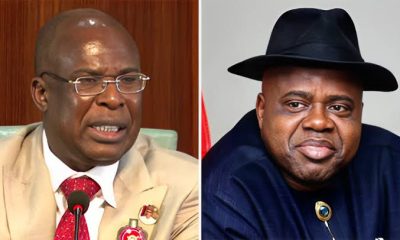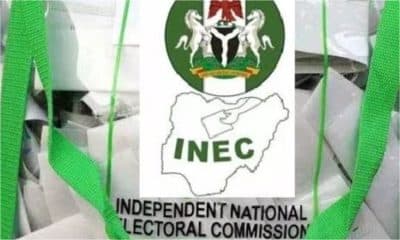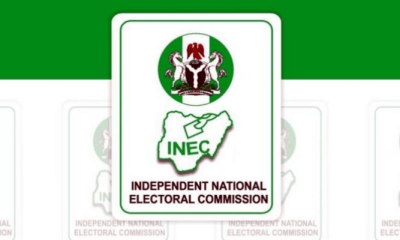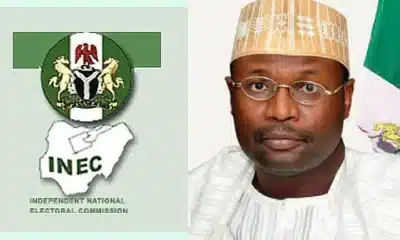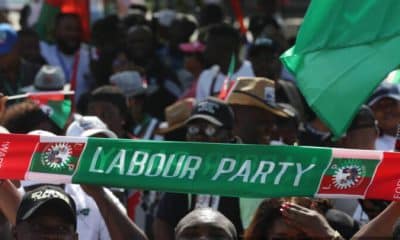Nigeria News
Insecurity: INEC Record Over 41 Attacks In 14 States Since 2019
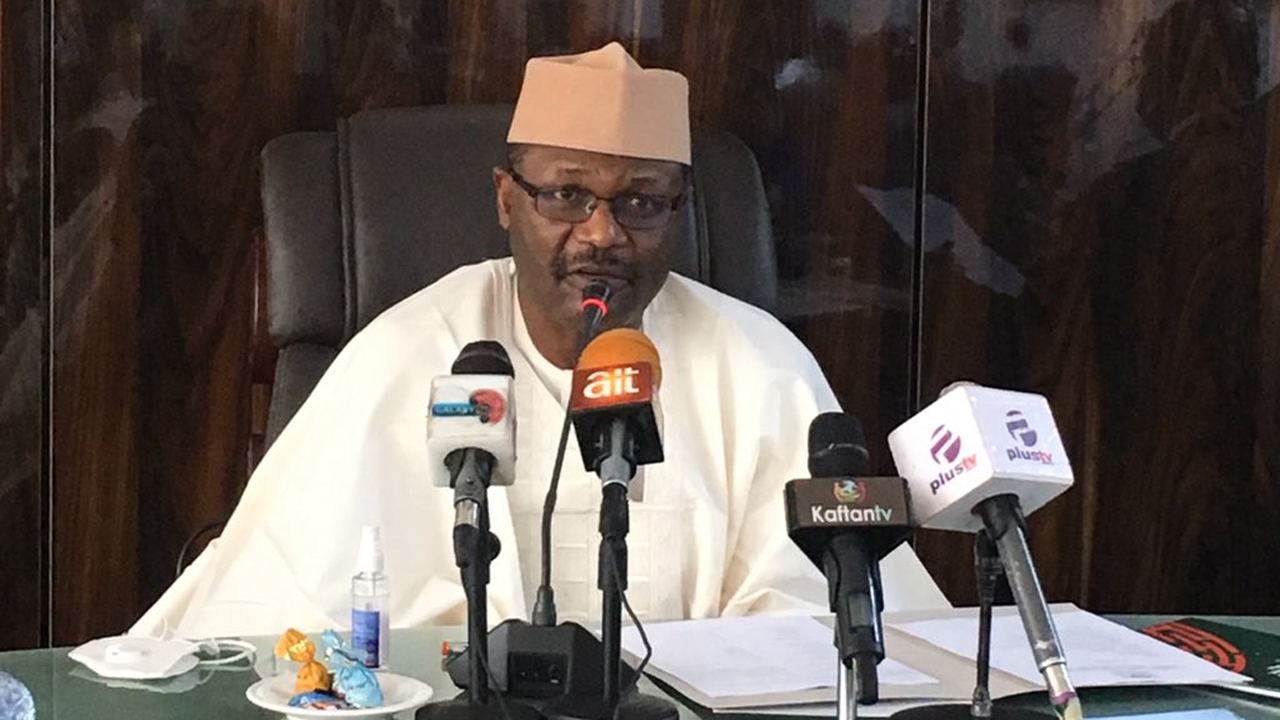
The Chairman of the Independent National Electoral Commission (INEC), Prof Mahmood Yakubu, has disclosed that insecurity may hamper elections in the North-West and South-East states.
According to him, over 41 attacks have been carried out against its offices across 14 states since the 2019 general election, with the South-East recording 13 attacks.
Yakubu spoke at an event organised by the National Endowment for Democracy (NED) and the International Foundation for Electoral Systems at the NED Headquarters, Washington DC, United States of America.
The attacks he said started in Abia on May 9, 2021, and then to Enugu and Ebonyi, with three incidents each, Imo recorded two attacks, while Anambra and Abia had one each and in Bayelsa and Akwa Ibom states.
He noted that in all INEC recorded nine attacks in 2019, 21 incidents in 2020 and over 12 as of May 2021, adding that the attackers made away with 9,836 smart card readers, 345 ballot boxes, and 135 voting cubicles, among other assets.
The INEC boss advanced that the insecurity in the country was concerning, noting that the security challenge which was hitherto restricted to the North-East region has now spread to other parts of the country.
For over two decades, he said Nigeria has battled the Boko Haram insurgency in the North-East but this has evolved into banditry in the North-West and killings in the South-East allegedly perpetrated by Eastern Security Network, the militant arm of the outlawed Indigenous People of Biafra.
The INEC chairman, however, said he has received assurances from the service chiefs that they would secure the voting environment during the 2023 polls, adding that the issue of political thuggery was organised by some of the political actors.
Naija News gathered that in his keynote address delivered at the NED Headquarters in Washington DC, which was made available to journalists, the INEC chairman said, “Are there concerns about the 2023 general election? I’ll be the last to say there are no concerns. The first concern is the perennial issue of insecurity in different parts of the country, compounded by the traditional issues of thuggery during elections organised by some of the political actors.
“I say it is a perennial issue because, at the end of the day, it is nothing new. However, the dimension of the insecurity is concerning in the sense that in the past, it was localised or confined to a particular part of the country, the northeast. But now, it is more widespread and we are keeping our eyes, particularly on the northwest and the southeastern parts of the country.’’
Yakubu who said elections are conducted by human beings, expressed worry about the security of INEC officials, voters and the materials to be deployed, because “without them, we cannot conduct elections.”
He however said the electoral body has spoken to the security agencies and they have assured them that the situation will improve before the elections, “so, fingers crossed. Those who are supposed to secure the environment have assured us that they will secure the environment for us to conduct elections. Our responsibility is to conduct elections.”
Yakubu disclosed that the Commission has printed over 50% of the Permanent Voters’ Cards(PVC) which will be available by November.
He stated that “Nigerians have been asking the commission; when you finish registration and clean-up of the data, what about our Permanent Voters’ Cards? This will be available for new registrants by next month – November. We are looking at early to the middle of the month to make the cards available.
“We have already printed over 50 per cent of the cards but we haven’t delivered them to the states yet. As we clean the data, we also print the cards. Nigerians who have registered should be rest assured that they will have their cards ahead of the general election. We also need to do so in good time because the law now requires us to publish the number of cards collected per polling unit.”

